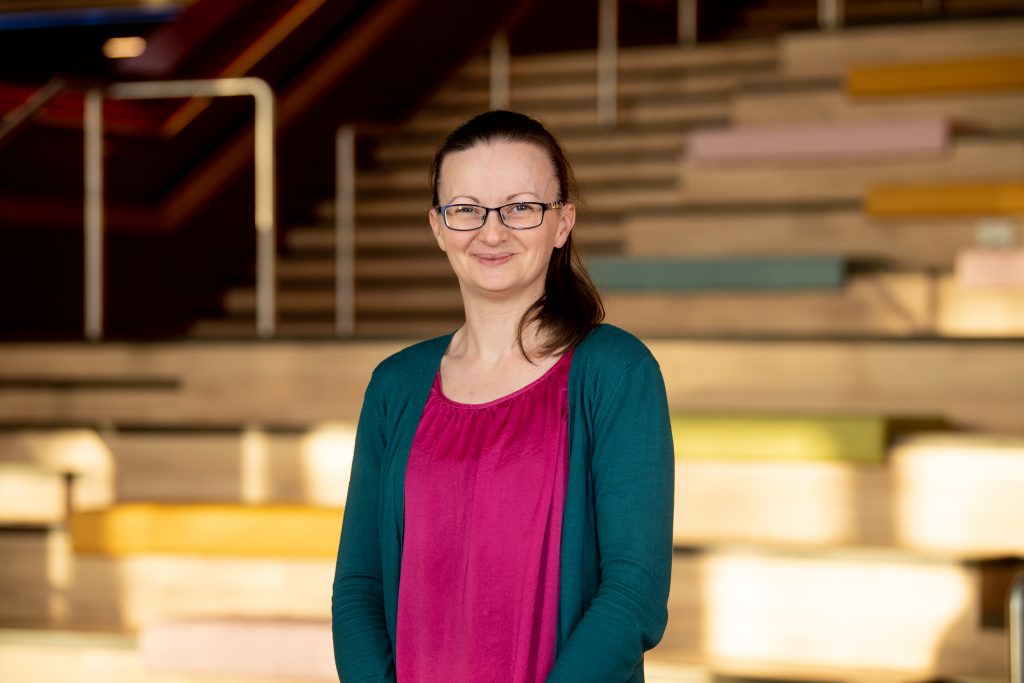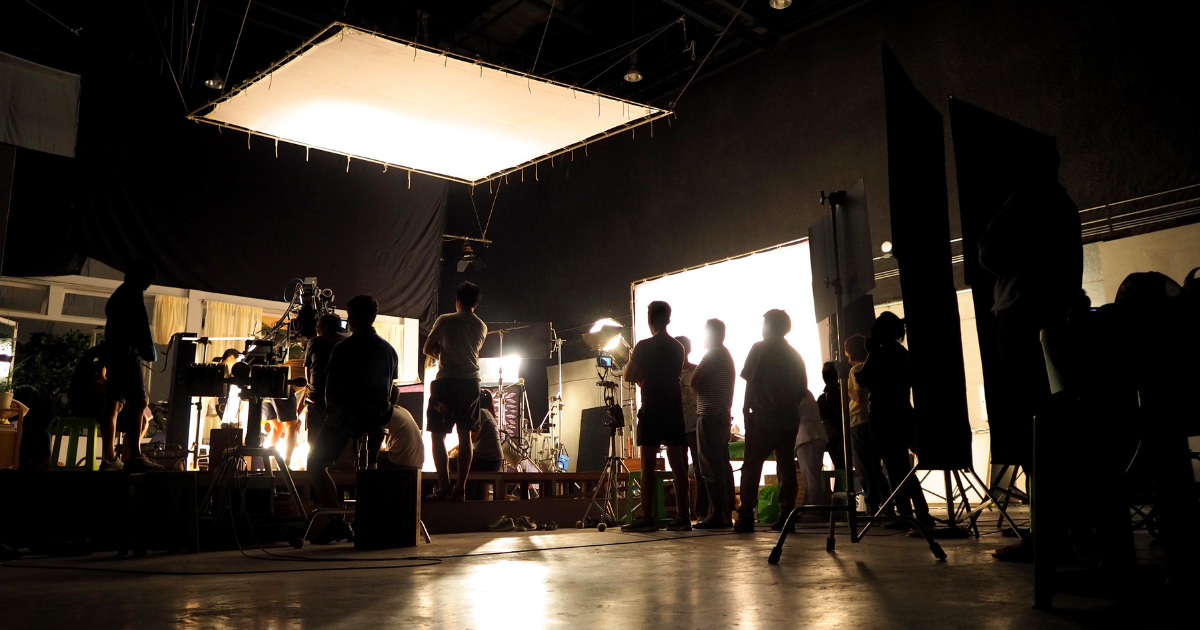
As it’s time to choose modules for next year, you can use this time to think strategically about what you want to gain over the time you have remaining at University. While it might be tempting to find the module that best suits your train timetable, try to think about what skills you want to leave Queen’s with. This is not the time for comfort zone thinking, what will your future self need to know?
One of our Careers Consultants, Emma Lennox, spoke with some final year students from the School of Arts, English and Languages at Queen’s, and uncovered some insights about things they wish they had known earlier in their degree.
Get experience.

‘A degree is great but it just tells an employer you’re a good academic. You want to work in TV? Marketing? Creative Arts? Teaching? Public health? Get experience, start in first year and build that portfolio of evidence. Don’t tell an employer you’re passionate, show them. Don’t know where to start getting experience? Ask your Careers Consultant, you can find them on MyFuture. I wish I had more experience going into the work place now.’
Final Year Creative Writing Student
Build your understanding of the sector you want to work in

‘I think my big ideal expectation when I first started was I was maybe going to finish my study and go straight into working for a studio, I didn’t really understand just quite how complicated the industry is and how difficult it can be to get secure work. And I didn’t realise how much I still had to learn.’
Final Year Film Student
Emma’s Advice: “It can also be useful to think about freelancing, self-employment and entrepreneurship as part of your career planning. The industries that Arts graduates tend to want to work in, are often characterised by short-term contract work rather than permanent graduate roles or graduate schemes.
According to the 2023 What do graduates do? report, Arts graduates are three times more likely to be working in freelance or self-employed roles than graduates from other areas. The report also shows that entrepreneurial creative arts graduates are more likely to be working in creative sectors aligned to their subject. If you are planning to pursue a career that uses your subject knowledge, you may need to consider freelancing or self-employment/ entrepreneurship as possible options and to prepare for what that might mean.
Arts, English and Languages students have the option of taking the Creative Enterprise module in second year which takes you through the process of creating, running and growing a creative company. Students in other years can find some information on the Future Ready Skills Course and help available from SU Enterprise.”
Find your people outside of your course.

‘I spent all my time with people from my course and only discovered the programmes with Enterprise SU in final year. Those are my kind of people, I could have been around entrepreneurs and innovators for three years instead of one. I have a lot of catching up to do.’
Final Year Drama Student
‘One of the best things I did at Queen’s was get involved with women’s sport. I feel I’ve made a real difference there and can use all those skills in the recruitment process. I just wished I’d got involved earlier and looked at other societies as well.’
Final Year English Student
Emma’s Advice: “The Future Ready Award website is a useful place to find extra-curricular opportunities that will enable you to meet other people and develop useful skills.”
You are responsible for you.

‘In school we had a careers class every fortnight and I thought that would be the same at uni. I know now that it was up to me to chase down opportunities and be proactive. There’s so much going on, I need another year to catch up with what I missed first time round!’
Final Year Broadcast Production Student
Leverage the Careers service.

‘I wish I’d used MyFuture and the Careers website more, I’m only discovering internships and programmes and employers now that I’m too late to do. And some stuff is only for first and second years. I could have been going to events and building up contacts for three years instead of the last six months.’
Final Year Film Student
Open your emails.

‘I spoke to a careers consultant who mentioned a programme and I said I’d never heard of it. They asked if I’d opened my emails because it had been sent to me. Well that was all kinds of awkward. Lesson learned, I’m accessing all the support now for recent graduates!’
Final year English and Spanish Student
Emma’s Advice: “You can access careers support through MyFuture, the careers website and careers information through the Future-Ready Skills Course.
“All Arts, English and Languages students now have access to the Future-Ready Skills Course on Canvas (AEL4001). In that course you’ll find lots of useful information including a full section on Career Management Skills which will help you to think about your future plans and the gaps that you might have. And it’s tailored specifically to Arts, English and Languages students.
The course is completely optional and non-credit bearing, but you can get a certificate at graduation if you complete it in full.”
Find out more about the Careers, Employability and Skills service at Queen’s.




